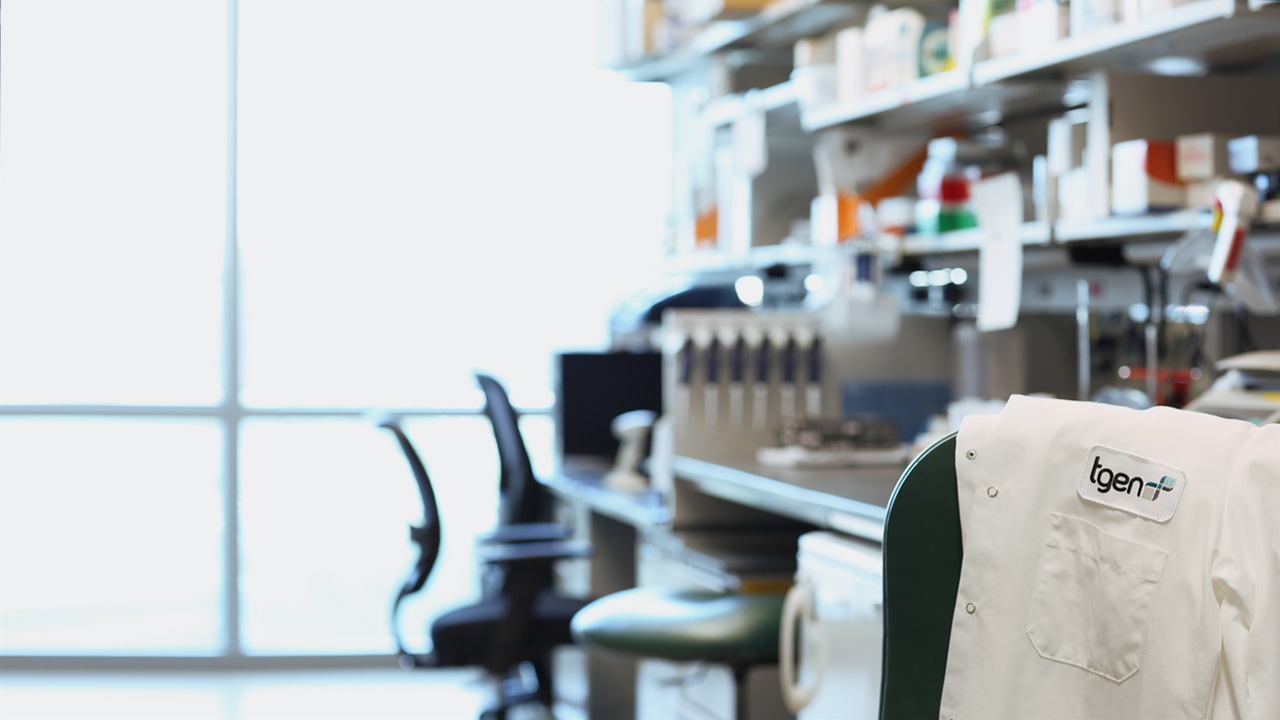
Study involving TGen, City of Hope uses DNA in the bloodstream to guide treatment for cancer patients
An international team including TGen and City of Hope investigators Kamel Lahouel, Ph.D., and Cristian Tomasetti, Ph.D., provided real-world evidence that ctDNA in the bloodstream can help clinicians decide whether chemotherapy is needed for their patients after surgery for stage II colon cancer. Researchers at the Johns Hopkins Kimmel Cancer Center and the Peter MacCallum Cancer Centre of the University of Melbourne, Australia led the multi-institutional study.
“The study’s findings suggest a way to identify which patients can avoid unnecessary chemotherapy, with its potentially serious side effects and its expense,” said Dr. Tomasetti, the newly appointed Director of the Center for Cancer Prevention and Early Detection at City of Hope and TGen. ”And for those who have undergone chemotherapy or know someone who has, and know what it means, I think this is really great news.”
A total of 455 patients in Australian centers were assigned to either ctDNA-guided care (n=302) or standard care (n=153) following their surgeries. Standard care follows traditional guidelines based on clinicopathological features that are associated with higher cancer risk. If patients in the study’s guided group still had ctDNA present in their blood samples four to seven weeks after surgery, they received one of two kinds of chemotherapy. If tumor DNA was not found, then those patients in the ctDNA-guided group were not treated with chemotherapy.
In the 302 ctDNA-guided patients studied, physicians were able to not only inform treatment, but actually reduce the number of patients treated with chemotherapy — without compromising their recurrence-free survival. The new study is thought to be the first clinical trial to use ctDNA to guide follow-up chemotherapy.
More news from the PBC
- New study seeks to combat national kidney shortage, improve availability for organ transplants
- SEMI, MDM2 to host smart medtech conference in Phoenix from April 22-24
- Innovative Therapy Shows Promise in Reversing Lung Scarring in Idiopathic Pulmonary Fibrosis
- Phoenix City Council Expands Enhanced Municipal Services District to Strengthen Innovation and Growth
- C-Path’s Predictive Safety Testing Consortium Advances a Transformative Test to Detect Drug Induced Liver Injury
- Fuel Your Startup’s Growth: Explore Arizona’s Expanded SBIR/STTR Support
- U of A Center for Innovation Startup ClientsGenerate $664.8M In Economic Output
